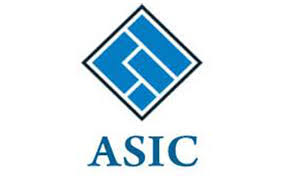Compliance
Australian Financial Watchdog Reveals Years Of Industry Scams

The regulator has set out how much banks must pay to customers charged for services they did not receive.
(An earlier version of this article was published in Compliance Matters, a sister publication to this one. It is written by its editor, Chris Hamblin. For more details on CM, click here.)
The Australian Securities and Investments Commission has warned
banks that they will have to pay at least A$178 million to
customers whom they charged for advice without providing it.
Report 499, which bears the damning title of "Financial advice:
fees for no service", summarises ASIC's work to ensure customers
are fairly compensated for the problem. The report finds that
banks charged customers a fee for an "ongoing advice service" but
did not receive this service, either because the banks did not
allocate advisors to them while nonetheless charging them fees
for advice (usually by deduction from their investment products)
or because the advisors allocated to those customers failed to
meet their commitments and the licensees failed to force them to
do so.
To date, approximately $23.7 million of fee refunds and
compensation has been paid, or promised, to more than 27,000
customers of ANZ, NAB, CBA, Westpac and AMP under various
Australian financial service licensees that these businesses
possess. The licensees are conducting further reviews to
determine the extent of their transgressions.
As a result of the Future of Financial Advice or FOFA
reforms of 2013, in a continuing fee arrangement for financial
advice, the fee recipient must provide the customer with a
renewal notice for the arrangement every two years. The notice
must include a statement that:
(a) the customer may renew the arrangement by giving the current
fee recipient notice in writing;
(b) the arrangement will end, and no further advice will be
provided or fee charged, if the customer does not renew it;
(c) if the customer does not renew the arrangement before the end
of the renewal period, the fee recipient will assume that that
customer has chosen not to renew the arrangement; and
(d) the renewal period is a period of 60 days beginning on the
day on which the renewal notice and fee disclosure statement is
given to the customer.
To see another story about how the regulator has been trying to clean up the country's wealth management industry, see this article here.
.